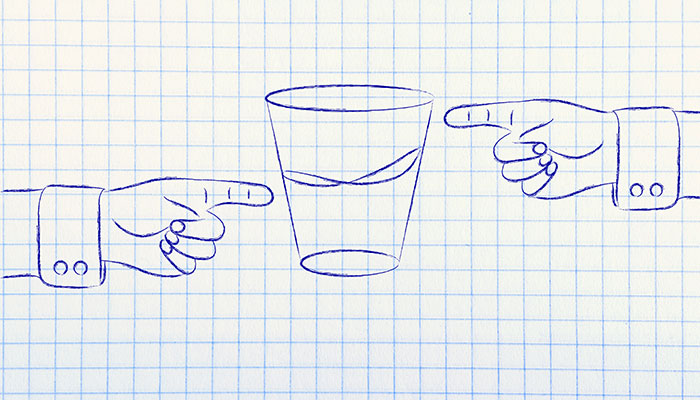Plan ahead when downsizing
Moving into a smaller living situation is a big decision. More emotionally challenging, however, are the many little decisions your loved one must make about what to keep and what to let go. Possessions, from knickknacks to garden tools, hold many dear memories. Letting go of them is like discarding the people or events they…
Read MoreDistraction techniques
If the person you care for has a problem with memory loss (dementia), you may find that he or she gets agitated about things that don’t make sense. Your long-retired dad, for instance, may wake up in the mornings and insist, “I have to go to work!” It can be confusing for you. And frustrating!…
Read MoreThe value of nostalgia
Nostalgia has historically gotten a bad rap, viewed as a precursor to feelings of sadness and longing. Emotional downers. Today we know that’s a faulty assumption. Research shows that nostalgia typically brightens mood. This is because nostalgia helps us in many ways: Focus on the positive in our past. People, events, places. We remember good…
Read MoreWhat is an occupational therapist?
Eating, dressing, getting in and out of a chair. In the course of daily life, we use many skills to accomplish even “simple” tasks. Walking or using a fork is surprisingly complex. Nerve signals and muscles have to coordinate in a very specific order. A healthy body is a marvel! We take these skills for…
Read MoreWhen language falls apart
One common outcome of a stroke or other brain injury is the sudden loss of ability to process language. This disability is called “aphasia” (ah-FAY-zya). Depending on which part of the brain has been damaged, the affected person may have trouble speaking or trouble understanding. Or may have difficulty with reading or writing. Needless to…
Read MoreAging and the self-fulfilling prophecy
“Whether you think you can, or you think you can’t—you’re right.” —Henry Ford It turns out this truism applies to the ways we perceive the aging process itself. Research shows that older adults who view aging as a time of continued learning and development are physically more resilient. They seem to weather a setback and…
Read MoreFighting Parkinson’s with exercise
If your loved one has Parkinson’s disease, you have likely observed physical symptoms such as tremors, slowed movement, and poor balance. In addition to treatment with medication, evidence is mounting that exercise itself can reduce or delay progression of these symptoms. Even as little as 2.5 hours of physical activity a week. Benefits and types…
Read MoreKeeping your marbles: reducing dementia risk
If you have a relative with Alzheimer’s or one of many other dementia conditions, it’s natural to wonder about your own risk. While there is no cure as yet, there is increasing evidence that lifestyle changes in middle age may do a lot to delay the onset of memory loss. The plaques and tangles of…
Read More“Spiritual” advance directive
Every adult needs to complete an advance directive (and that means you, too!). It is the health care planning document that medical professionals follow if a patient becomes too ill to speak for him or herself. It gives your loved one the option to name someone as decision maker. And it is the place he…
Read MoreWhen the worrying won’t stop
Worry is useful when it calls us to action. But it’s a problem when it becomes an ongoing state of mind. It can become a habit, bringing tension and stress. If you’re a worrier, you may have mixed feelings. It may seem that worry keeps you on your toes, yet it makes you edgy and…
Read More









